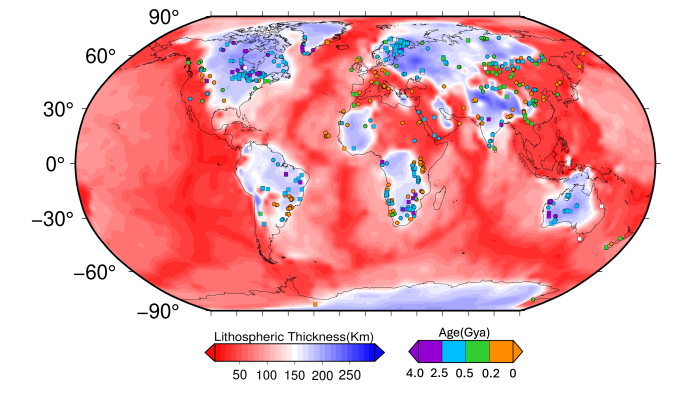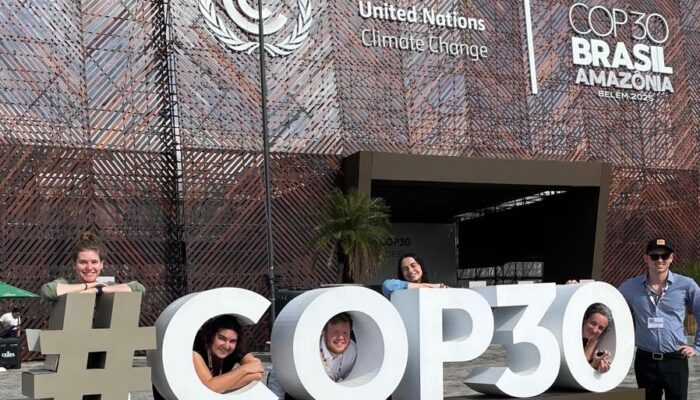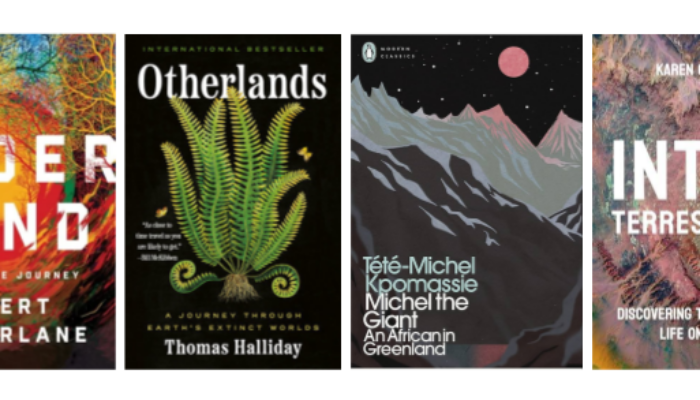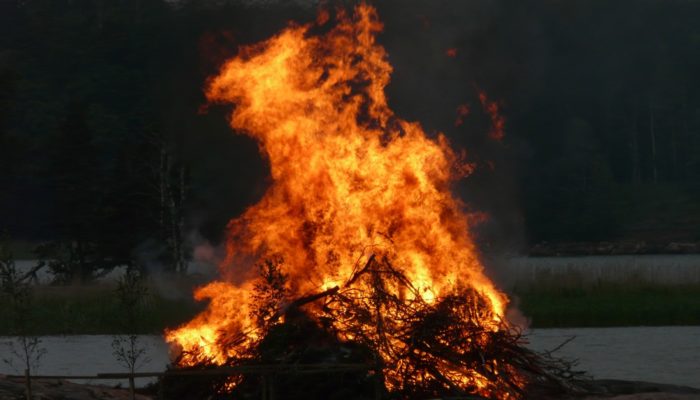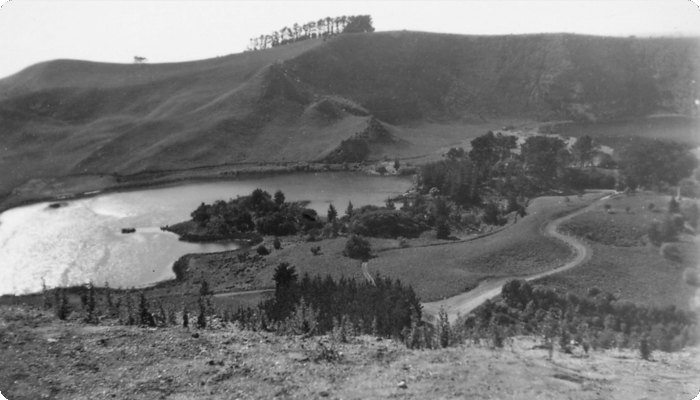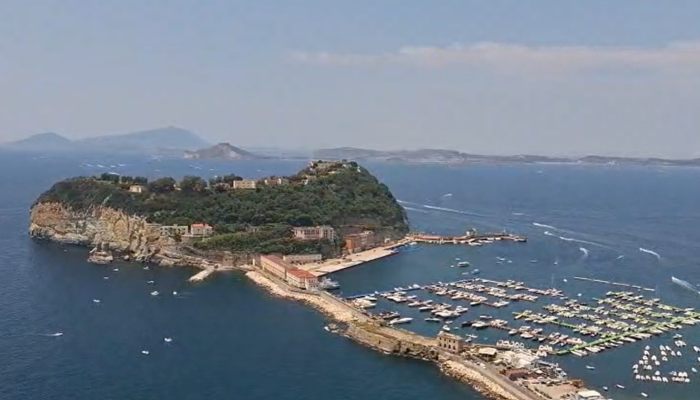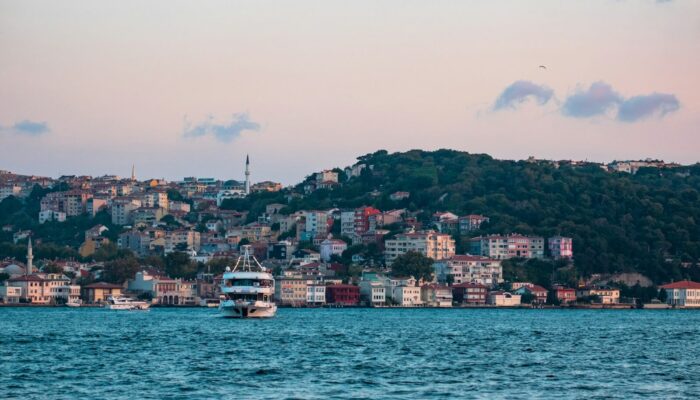“There is no geology here – just dirt!” or “It’s only a large sandbox.” are two common narratives told about the geology of the Berlin region. But is that true? Is there really nothing interesting to find and see for a geologist in the German capital? Let’s start digging! The hard rock One narrative is definitely true, Brandenburg, the state surrounding Berlin, like entire northern Germany, is a l ...[Read More]
Geodynamics
Cratons: building blocks of continents and their economic importance
The 4.5 billion years of geologic evolution has shaped the tectonic processes in Earth we see today. Over the span of time, Earth has changed from being a magma ocean to a tectonically active planet, by transitioning through different tectonic regimes. A silent witness of this journey have been cratons which have survived for billions of years. Therefore cratons preserve clues of past tectonic pr ...[Read More]
Cryospheric Sciences
Speaking Up for the Cryosphere at COP30
During the climate negotiations at COP30, the global importance of a warming cryosphere was stressed in various formats. The UNFCCC Conference of Parties (this year’s COP30) marks the yearly global climate negotiations which formed the aim to limit global warming to well below 2 °C (the 1.5 °C target) with the Paris Agreement at COP21 in 2015. These huge conferences of ten thousands of people feel ...[Read More]
Biogeosciences
BG books for the winter holidays – Editorial picks
It’s been quite the year! Before we say goodbye to 2025 and send our readers into a well-deserved holiday, our 2025-2026 editorial team shares some of their favorite Biogeoscience-themed books. Lucia S. Layritz – Editor-in-chief recommends Otherlands by Thomas Halliday This book takes you on a journey through Earth’s ancient ecologies. Each chapter tells a story about a past geological perio ...[Read More]
Geodesy
EGU Campfire Geodesy – Share Your Research – 15th Edition
We are excited to announce the 15th edition of Geodesy Campfire – Share Your Research in January. The Geodesy EGU Campfire Events “Share Your Research” give (early career) researchers the chance to talk about their work. We have two exciting talks by our guest speakers, Koen Haakman and Aleksander Partyka. Below, you can find the details of the topics awaiting us. We will have time to network afte ...[Read More]
Tectonics and Structural Geology
Geomythology. Craitbul journey through the Newer Volcanics in SE Australia
The Aboriginals Australians had and hopefully will continue to have an important oral tradition, especially related to impacts, tsunamis, earthquakes and volcanoes. This time, I would like to set our new narrative in southeast Australia, where the Booandik people tell a story suggesting how their ancestors witnessed and interpreted volcanic activity in the Mount Gambier area. The story, reported b ...[Read More]
Hydrological Sciences
How to Create Your Own Water-Themed Audiotour
Imagine walking through the Swiss capital, Bern, a city full of water. While you walk, a voice from your headphones guides you along the way and tells you interesting facts about the river and other water sites. You discover the Matteschwelle dam, pass by several fountains, visit a historic weather station, and have a closer look at the clear blue water of the Aare River and its old bridges. This ...[Read More]
Geodynamics
Human civilization must survive on geological times: Why and How?
Natural Hazards
Living with a restless giant: The challenge of multi-risk management and communication at Campi Flegrei Volcano
Nestled within one of Europe’s most densely populated regions, the Campi Flegrei caldera is a volcanic system whose secular unrest shapes the daily life of its inhabitants. Here, during the last decade and still ongoing crisis, ground uplift, frequent earthquakes, and persistent gas emissions interact to create a complex, evolving multi-risk environment. These natural hazards rarely follow simple ...[Read More]
Climate: Past, Present & Future
Türkiye’s Climate at a Crossroads
Climate change is often described as a challenge of the future. Yet through our latest work, we’ve realized the future is already unfolding across Türkiye’s landscapes and climates. The signs are visible in the shifting seasons, intensifying heatwaves, and changes in rainfall… As one of the authors of the study “High-Resolution Projections of Bioclimatic Variables in Türkiye: Emerging Patter ...[Read More]


